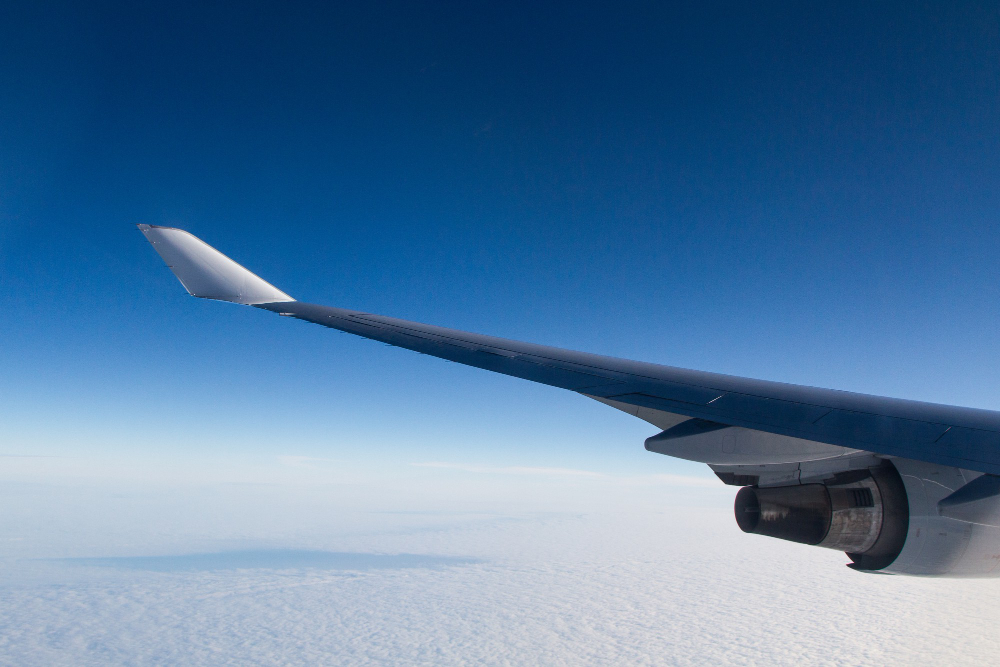Austria Sets 4 Conditions for Romania & Bulgaria’s Schengen Accession, But Only by Air
KEY TAKEAWAYS
- Austria may consider easing its stance against Romania and Bulgaria's accession to Schengen, permitting their airports to join the Schengen space.
- Austria’s Interior Minister Gerhard Karner has revealed the new proposal.
- The new changes mean that citizens of both countries could potentially travel by air without passport controls.
Austria’s stance against the accession of Romania and Bulgaria over irregular migration concerns might be loosened, but only for air travel.
Such an announcement has been confirmed by the Interior Minister of Austria, Gerhard Karner.
The recent proposal means that citizens from Romania and Bulgaria would be eligible to travel without being required to pass through passport controls; however, land border crossing would still be restricted.
According to the Austrian Minister, the easing of restrictions on air travel for both these Balkan countries depends on a threefold increase in European Union funding to manage immigration. In addition, both countries must agree to accept extradited asylum seekers. In order for this proposal to become effective, approval from all EU countries is required.
Austria has introduced four prerequisites for Romania and Bulgaria’s inclusion in the Schengen Zone, particularly focusing on air travel, or more specifically:
A threefold increase in the European Border and Coast Guard Agency (Frontex) mission staff in Bulgaria, with financial backing for frontier protection infrastructure provided by the European Commission.
Enhanced border surveillance measures at the borders between Romania and Bulgaria and between Hungary and Romania.
Deployment of Austrian advisers on document-related issues to collaborate with airport teams in Romania and Bulgaria.
Reception of asylum seekers, especially those from Afghanistan and Syria, in both Balkan countries.
The accession of Romania and Bulgaria to Schengen has been blocked by Austria over irregular migrant concerns, and in the case of Bulgaria, also by the Netherlands.
In December last year, Vienna opposed the membership of these two states to the borderless area, citing the same concerns.
At the meeting of the EU Interior Ministers held on December 5 this year, the Interior Minister of Austria, Gerhard Karner, once again stressed that his country’s position remains unchanged when it comes to this issue.
In addition, he argued that the Schengen Area should become “better, not bigger”. However, no vote on the matter was included on the agenda of the meeting.
Last month, Bulgarian Prime Minister Nikolay Denkov said that Europe’s borders will be better protected and stronger with Romania and Bulgaria’s accession to the Schengen Zone.
However, up to this point, authorities in Vienna have reiterated that their position remains unchanged when it comes to the membership of Romania and Bulgaria in the Schengen Area.
In October this year, Austrian Chancellor Karl Nehammer emphasised that his country continues to maintain its veto while clarifying that the decision has nothing to do with these two countries.
Nehammer acknowledged both countries’ efforts to protect the EU’s external borders.
This is an issue of security because we have very big challenges in the Schengen area. Interior ministers are saying that, indeed, the Schengen system is not functioning. Eleven EU member states now exercise internal control borders.
Nehammer
Back then, the Austrian Chancellor stressed that the situation did not allow for an end to border checks.

